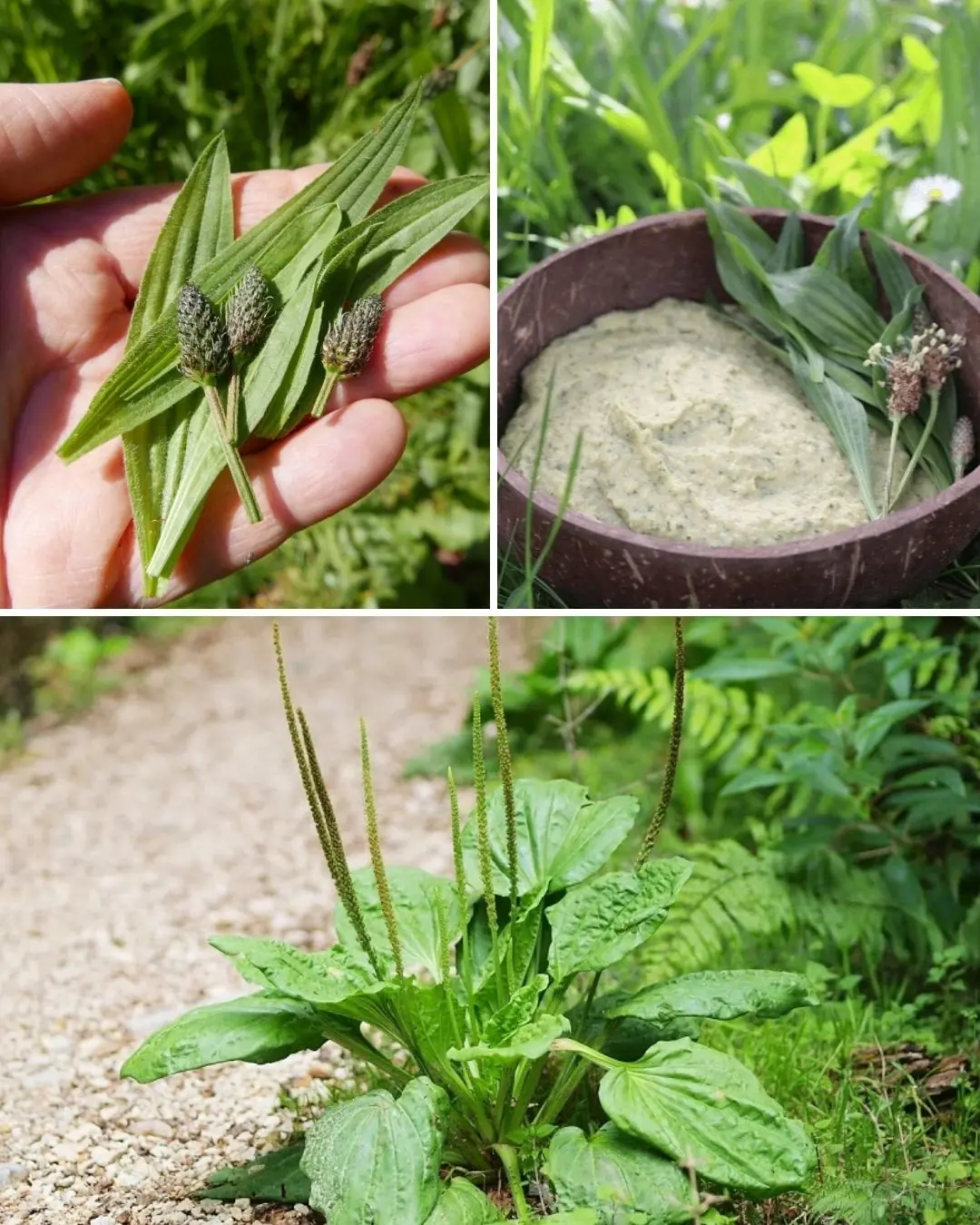
Japanese Honeysuckle (Lonicera japonica): Health Benefits and Homemade Uses
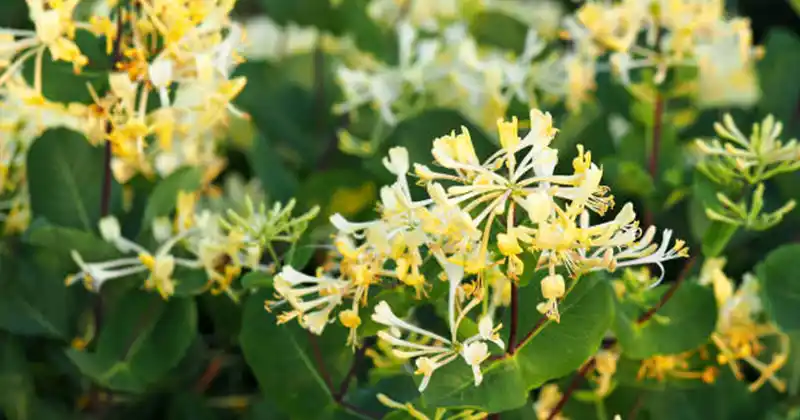
Japanese honeysuckle (Lonicera japonica) is a beautifully fragrant climbing vine native to East Asia, especially Japan, China, and Korea. While it has become naturalized—and in many areas invasive—in parts of North America and Europe, this plant has long been celebrated in traditional medicine. In both Chinese and Japanese herbal systems, its flowers and young leaves are prized for their healing properties.
Despite its reputation in the wild as a fast-spreading weed, Japanese honeysuckle has a long and respected history of medicinal use. Let’s take a deeper look at its main health benefits, how to safely use it at home, and some precautions to keep in mind.
✅ Top Health & Medical Benefits of Japanese Honeysuckle
🌿 1. Anti-inflammatory Properties
Japanese honeysuckle contains powerful plant compounds such as chlorogenic acid and luteolin—both known for their anti-inflammatory effects. These compounds help reduce swelling, redness, and pain throughout the body. Traditional uses include relief for conditions like:
-
Sore throat
-
Joint pain (e.g., arthritis)
-
Skin irritation and minor rashes
🦠 2. Antiviral and Antibacterial Effects
One of its best-known traditional roles in Chinese medicine is to “clear heat and toxins.” This refers to fighting infections and reducing internal inflammation. Scientific studies have confirmed that honeysuckle contains natural antimicrobial compounds that may help combat:
-
Common cold and flu viruses
-
Bacterial infections like Staphylococcus aureus
-
Infections of the throat, skin, and respiratory tract
🛡️ 3. Immune System Support
Packed with antioxidants, Japanese honeysuckle helps defend the body from harmful free radicals. Drinking honeysuckle tea during cold or allergy season can provide support by:
-
Enhancing immune function
-
Soothing inflamed tissues
-
Reducing oxidative stress in cells
🌡️ 4. Fever Reduction
Traditionally used to help lower high temperatures, honeysuckle tea is often recommended in Eastern medicine during viral infections. It can:
-
Cool the body naturally
-
Relieve minor headaches caused by heat or fever
-
Support hydration and recovery
🌬️ 5. Respiratory Relief
Because of its soothing, cooling, and anti-inflammatory nature, honeysuckle can support respiratory health. It may be beneficial for:
-
Cough
-
Bronchitis
-
Sore or irritated throat
-
Post-nasal drip or seasonal allergies
🧽 6. Detoxification
Honeysuckle has diuretic properties, helping the body eliminate waste and toxins through urine. In traditional detox protocols, it's often used to:
-
Support kidney and bladder health
-
Assist in gentle cleansing without harsh side effects
-
Reduce water retention or mild bloating
🧉 7. Digestive Support
A mild honeysuckle infusion can calm the stomach and aid digestion. It's been used for:
-
Nausea
-
Mild indigestion
-
Gut inflammation or stomach discomfort
🧴 8. Skin Health & Wound Care
Applied externally, honeysuckle tea or paste may accelerate healing due to its antibacterial, antiviral, and anti-inflammatory effects. Use it for:
-
Acne and blemishes
-
Minor cuts or scrapes
-
Boils, rashes, and eczema flare-ups
😁 9. Oral Health
Honeysuckle tea can be used as a natural mouth rinse. Thanks to its antimicrobial action, it can help with:
-
Gum inflammation (gingivitis)
-
Minor mouth ulcers
-
Freshening breath naturally
😌 10. Mild Calming Effects
Although not a true sedative, honeysuckle tea may help ease tension and promote relaxation. Its cooling energy, as described in Chinese medicine, makes it ideal during times of stress or heat-related imbalance.
🏡 Simple & Safe Homemade Uses of Japanese Honeysuckle
⚠️ Important: Only the flowers and young leaves should be used for consumption or external use. The berries are toxic and should never be eaten.
🍵 1. Honeysuckle Tea (For Fevers, Colds, and Detox)
Ingredients:
-
1 tablespoon dried honeysuckle flowers (or a small handful of fresh)
-
2 cups hot water
Instructions:
-
Steep the flowers in hot water for 10–15 minutes.
-
Strain and enjoy warm.
-
Drink up to twice daily during cold or flu symptoms.
💡 Tip: Add a slice of ginger or lemon for extra immune support and flavor.
🍯 2. Honeysuckle Syrup (For Cough and Throat Soothing)
Ingredients:
-
1 cup honeysuckle flowers
-
1.5 cups water
-
1/2 cup raw honey
Instructions:
-
Simmer the flowers in water over low heat for 15 minutes.
-
Strain the liquid and mix in honey while still warm (not boiling).
-
Store in a glass jar in the refrigerator.
Use: Take 1 teaspoon, up to 3 times per day during throat irritation or coughing.
🧼 3. Honeysuckle Compress (For Skin Issues)
Instructions:
-
Brew a strong tea with 1–2 tablespoons of dried flowers.
-
Let it cool to room temperature.
-
Soak a clean cloth in the infusion and apply to affected skin.
🌿 Use for: Rashes, acne, sunburn, or small wounds.
🛁 4. Honeysuckle Bath Soak (For Stress and Skin Relief)
Instructions:
-
Steep 1–2 cups of dried honeysuckle flowers in boiling water for 20 minutes.
-
Strain and pour the liquid into a warm bath.
-
Soak for 20–30 minutes.
🧘 Benefits: Calms the mind, refreshes the skin, and helps relieve muscle tension.
🦷 5. Homemade Honeysuckle Mouth Rinse (For Oral Hygiene)
Instructions:
-
Brew a mild tea from the flowers and young leaves.
-
Let it cool completely.
-
Use as a mouth rinse once or twice daily.
💡 Tip: Add a drop of peppermint essential oil for a fresher taste.
⚠️ Precautions and Safety Disclaimer
-
NEVER consume honeysuckle berries—they are toxic and can cause serious side effects.
-
Do not use honeysuckle during pregnancy or breastfeeding unless approved by a healthcare professional.
-
Always perform a patch test before applying honeysuckle to your skin.
-
Avoid if you have allergies to plants in the Caprifoliaceae family.
-
May interact with medications or affect individuals with certain health conditions.
-
This article is for educational purposes only and should not be used as a substitute for medical advice.
❗ Always consult a licensed healthcare provider before beginning any herbal remedy, especially if you have pre-existing conditions, take medication, or are unsure about dosage and safety.
🌸 Final Thoughts
Japanese honeysuckle is more than just an ornamental vine—it’s a time-tested herb with remarkable natural healing qualities. Whether you're sipping a soothing cup of tea during flu season or applying a skin-soothing compress, this plant can be a gentle, effective addition to your home herbal toolkit.
Used mindfully and respectfully, Japanese honeysuckle offers both beauty and wellness benefits. Just remember to stick with the flowers and leaves, follow safety guidelines, and always use common sense when working with natural remedies.
💬 Inspired by this? Share the healing wisdom of Japanese honeysuckle with friends and family—and consider planting some (responsibly) in your herbal garden!
News in the same category

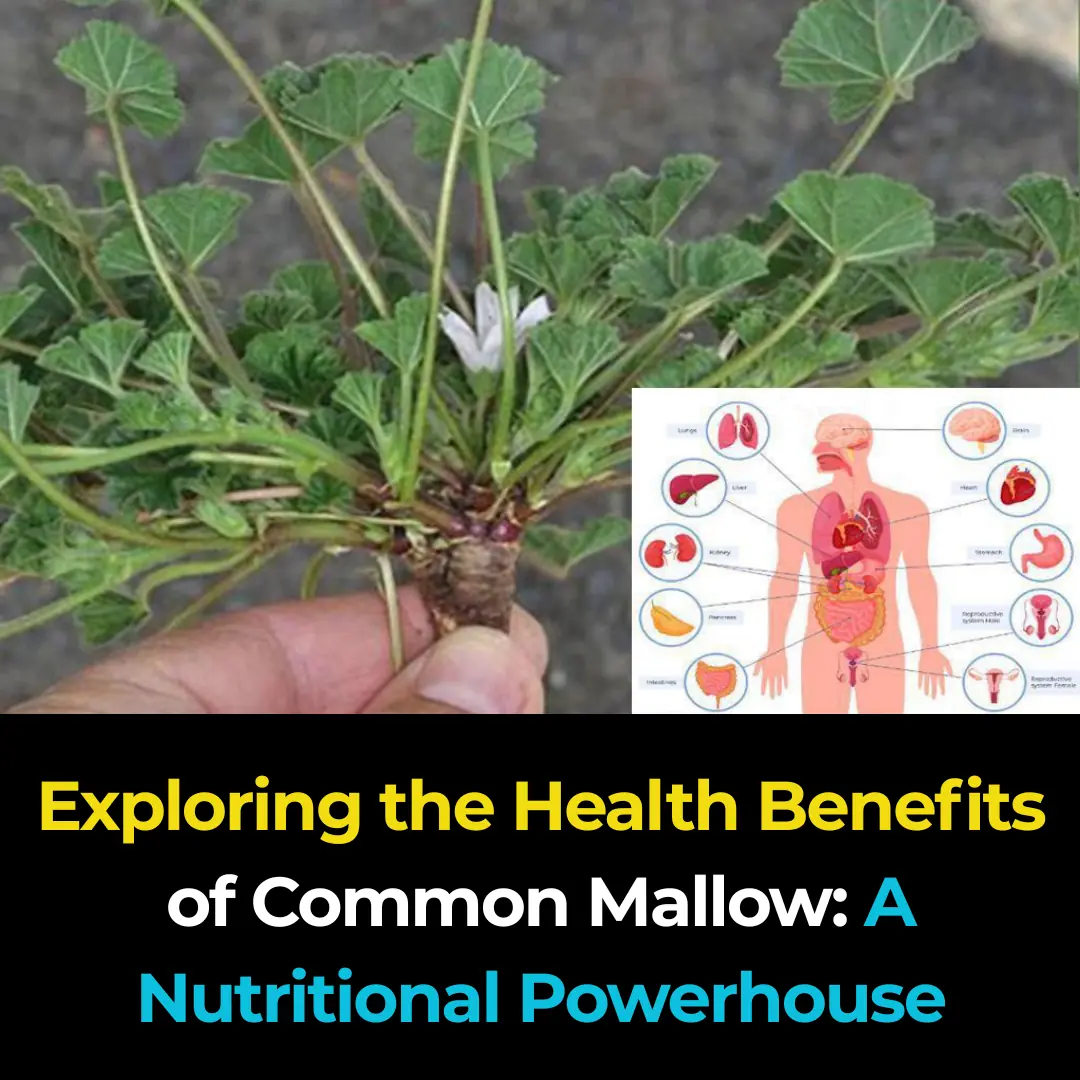
Exploring the Health Benefits of Common Mallow: A Nutritional Powerhouse
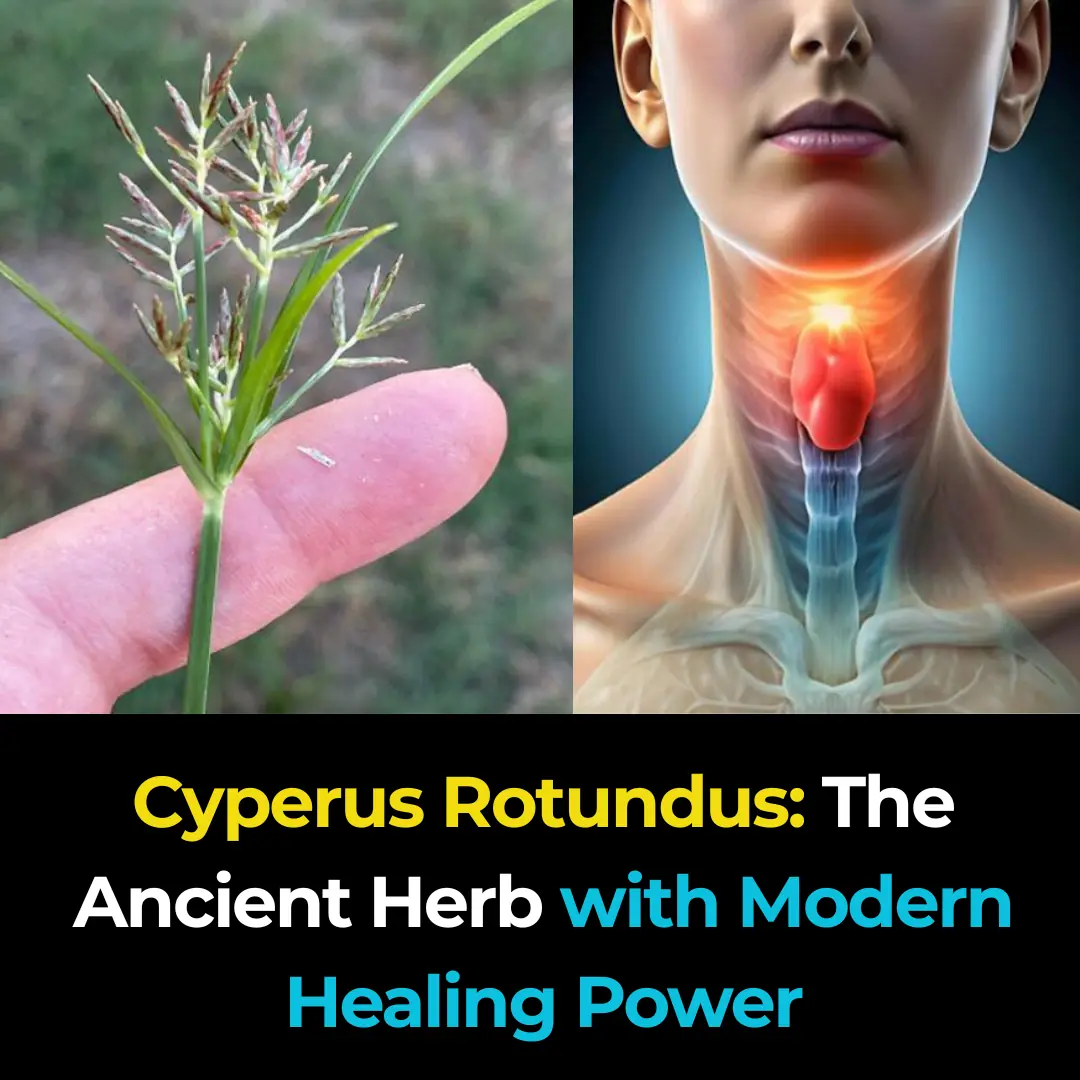
Cyperus Rotundus: The Ancient Herb with Modern Healing Power

2 Cloves a Day Trigger Irreversible Changes in Your Body — Especially After 40

Kyllinga brevifolia (Rottb): Benefits and How to Use It
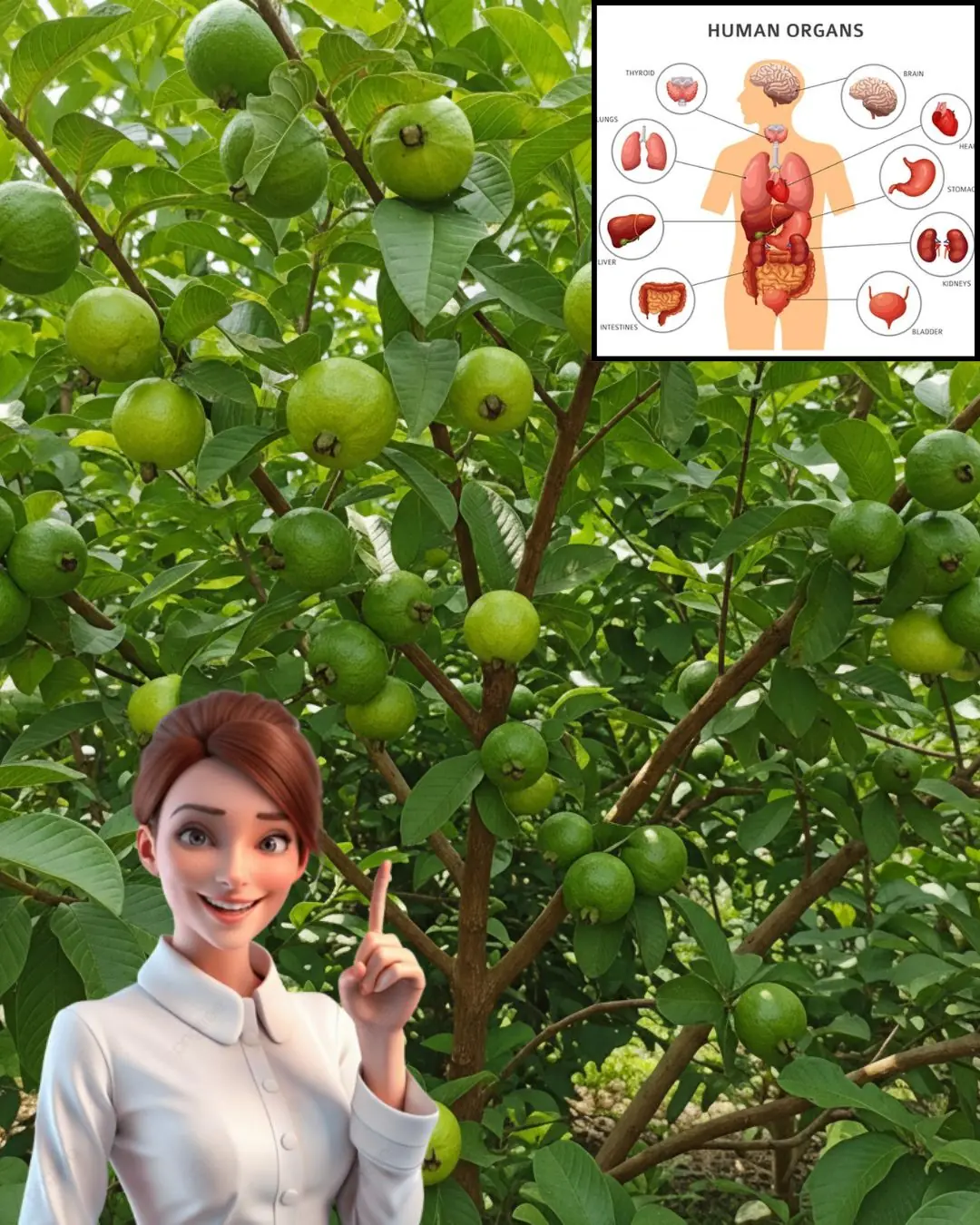
Every Part of the Guava Tree Is Like “Gold”: 25 Health Benefits of Guava Fruit and Leaves 🌿

Try This Before Bed and Feel the Spark

🦵 Discover the Miracle Drink That Rebuilds Knee Cartilage Fast for Seniors!
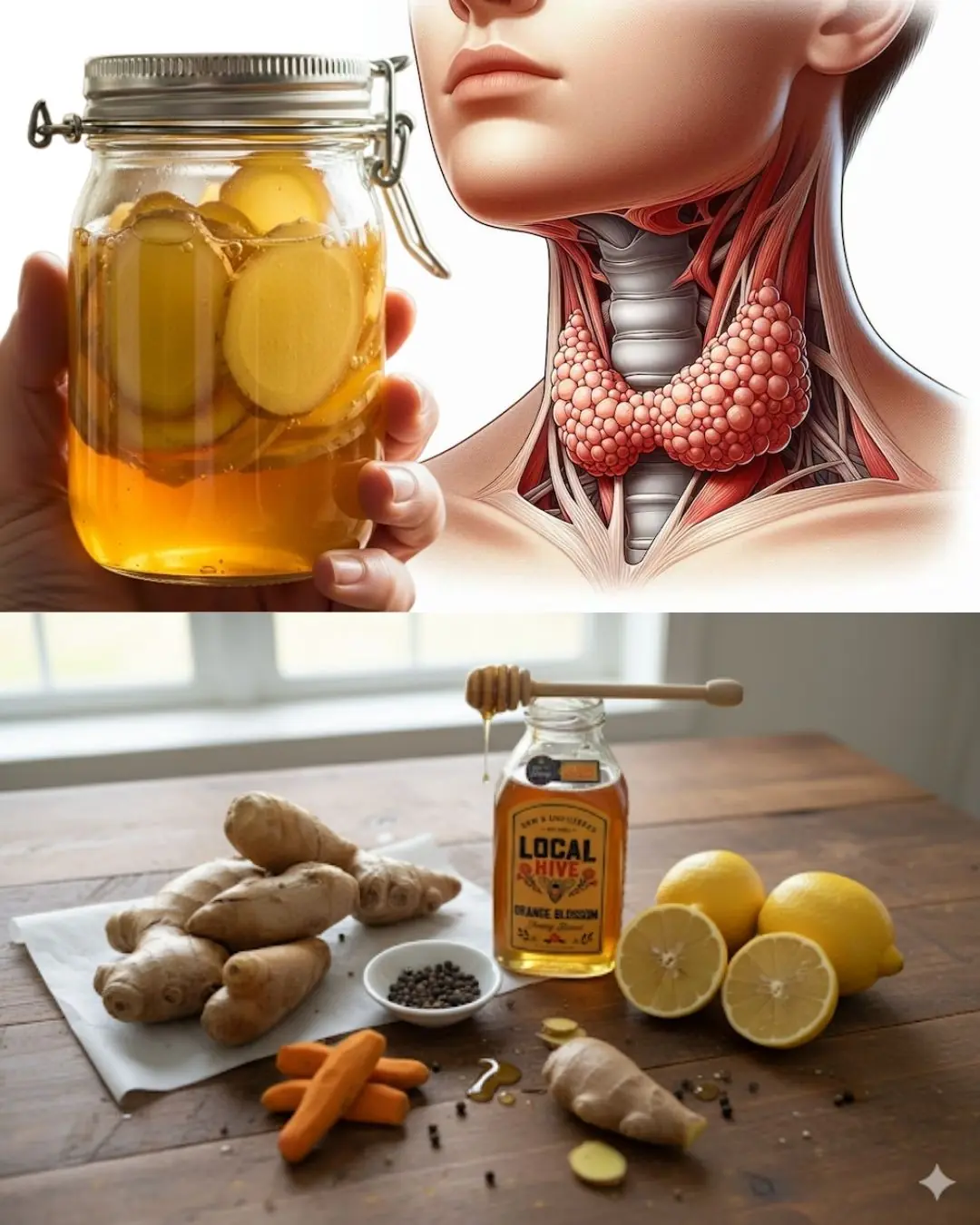
A Unique Way to See Vietnam – Naturally, Deliciously, and Mindfully
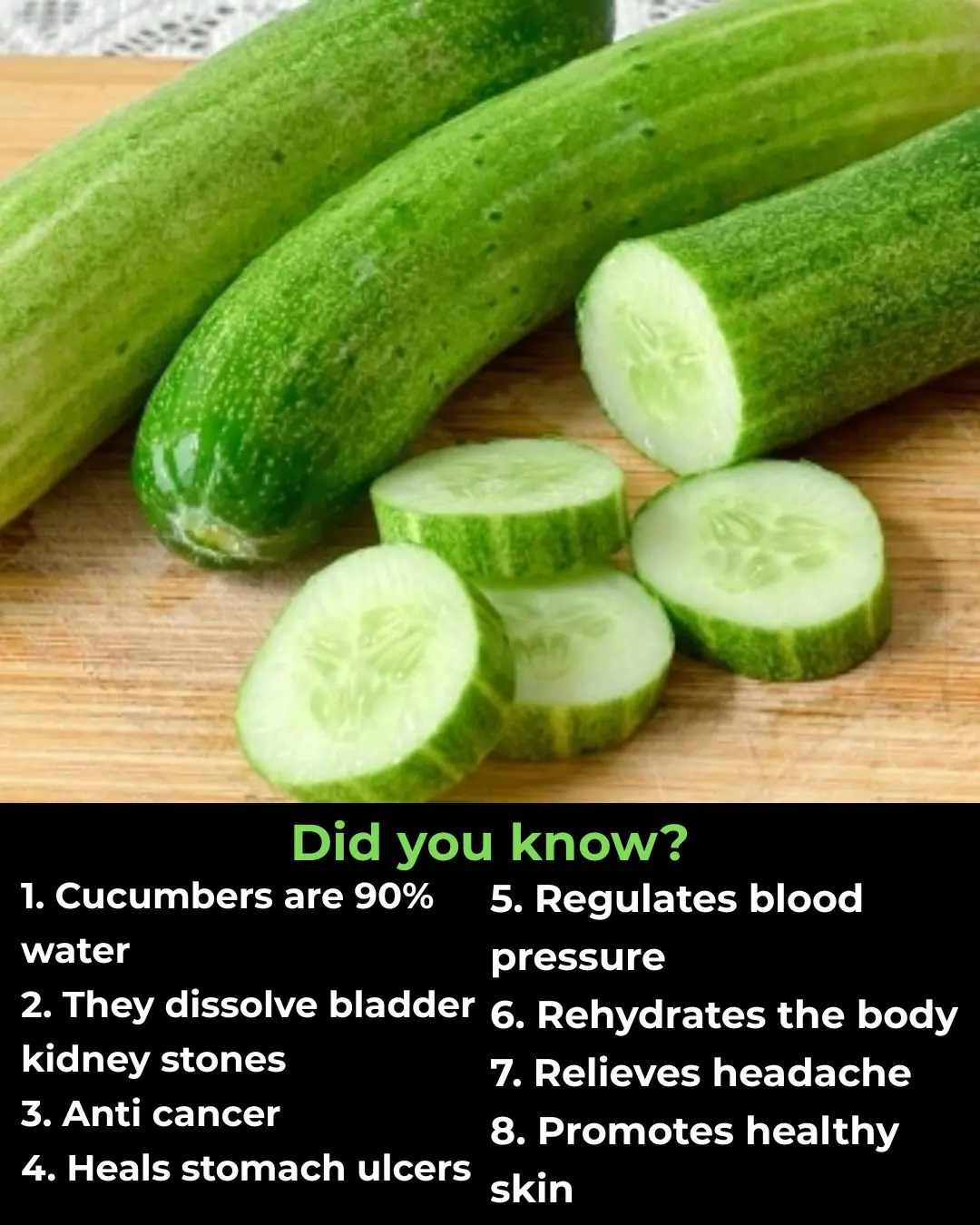
Did You Know? 25 Surprising Health Benefits of Cucumbers!

Papaya releases a milky sap, but most people don’t realize how important it is

Beware Datura: Why You Must Avoid This Toxic Plant
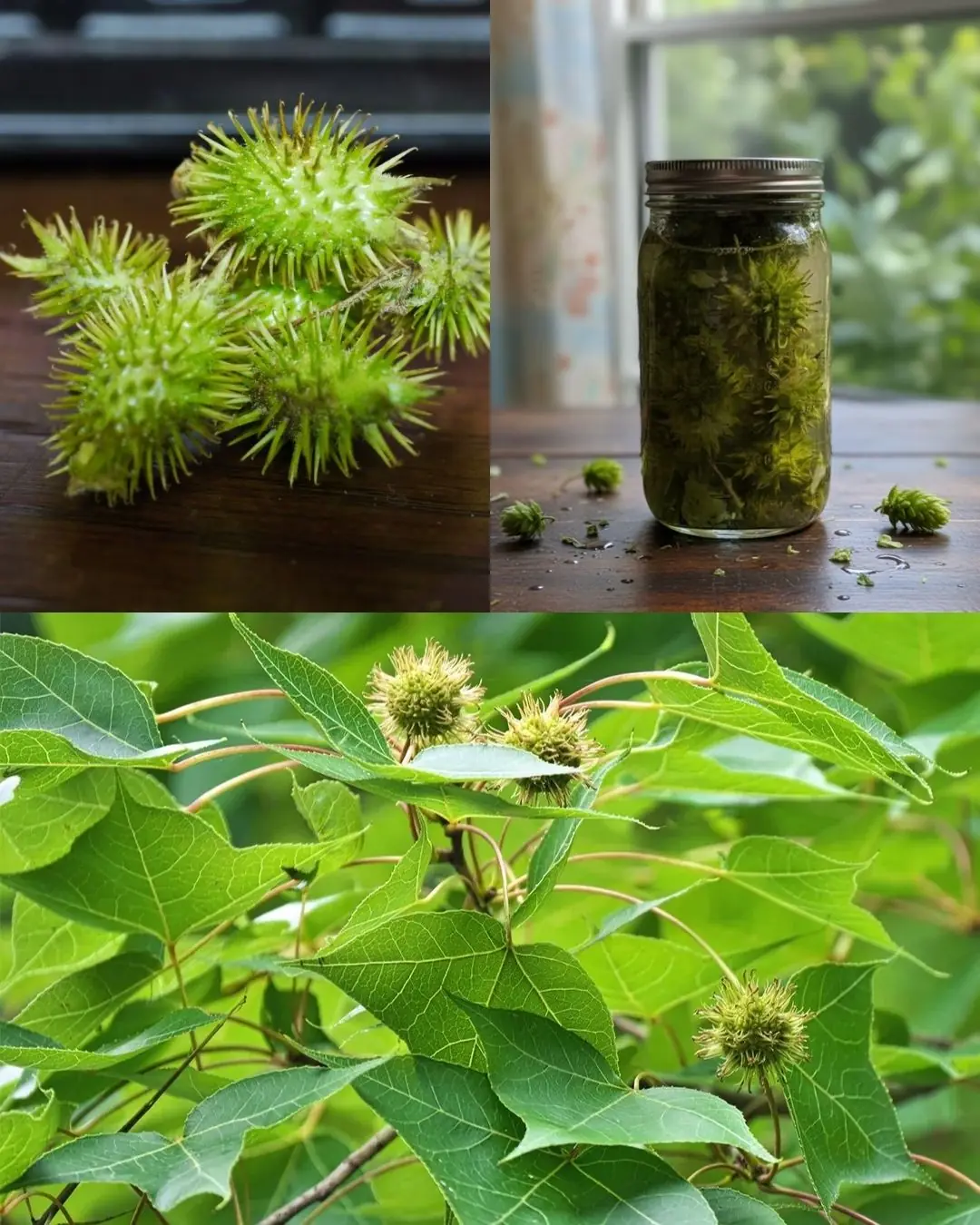
American Sweetgum (Liquidambar styraciflua): Health Benefits and Easy Ways to Use It at Home
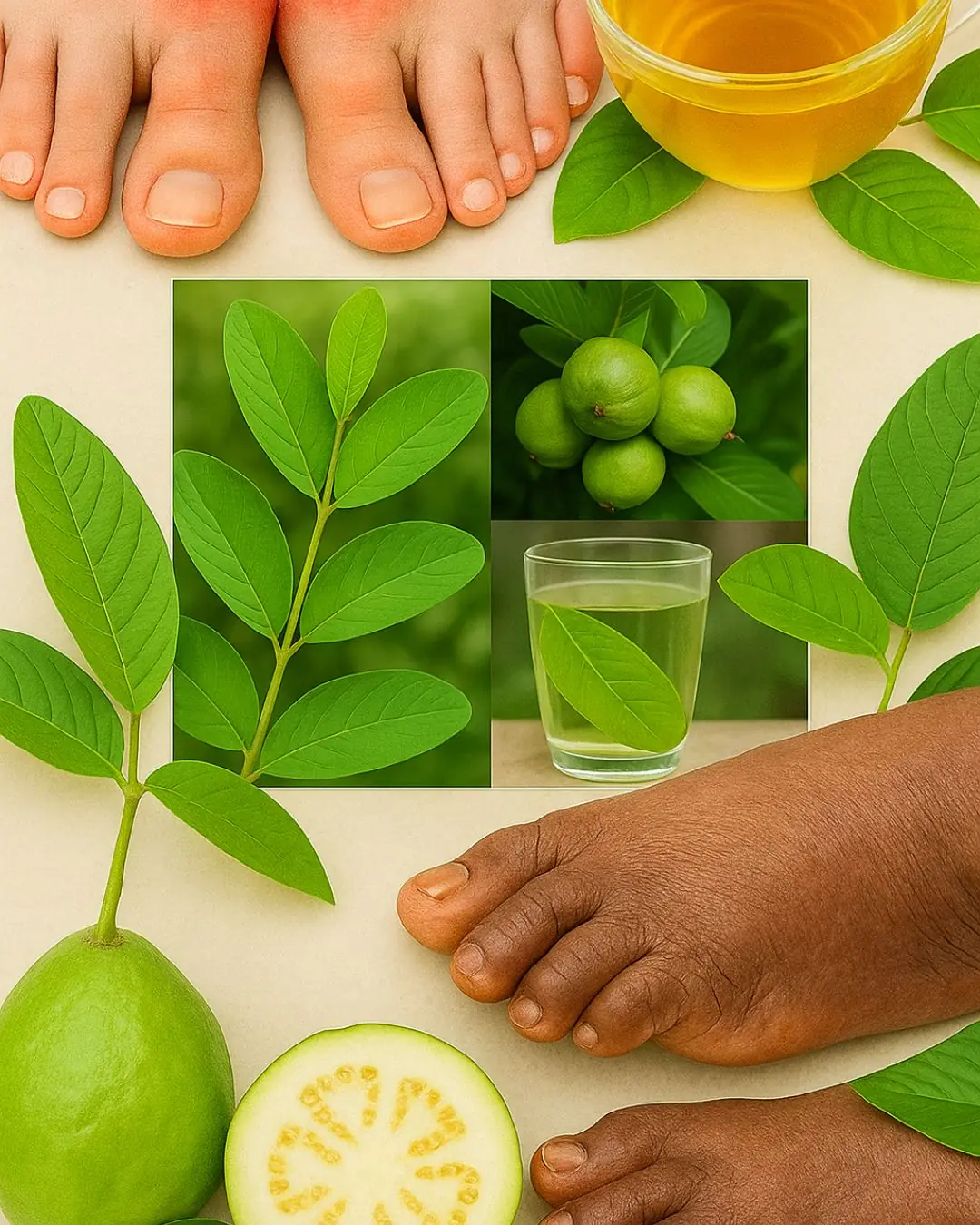
Why Guava Will Become Your Favorite Fruit

Homemade Baking Soda Cream: Say Goodbye to Wrinkles and Dark Spots

Goodbye, Blood Sugar! A Simple Natural Drink That Helps Balance Glucose Levels
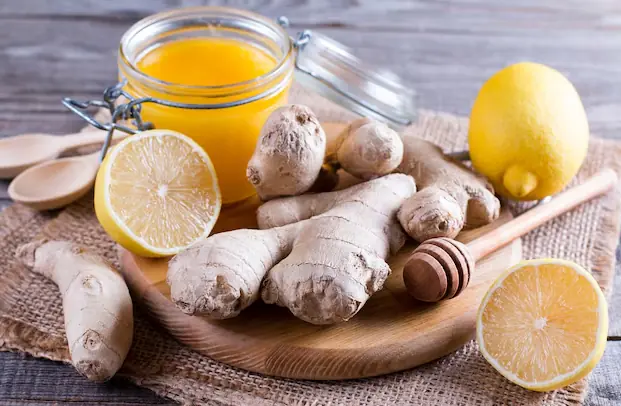
Honey, Lemon, Onion, Garlic & Ginger: The Daily Spoonful That Works Wonders
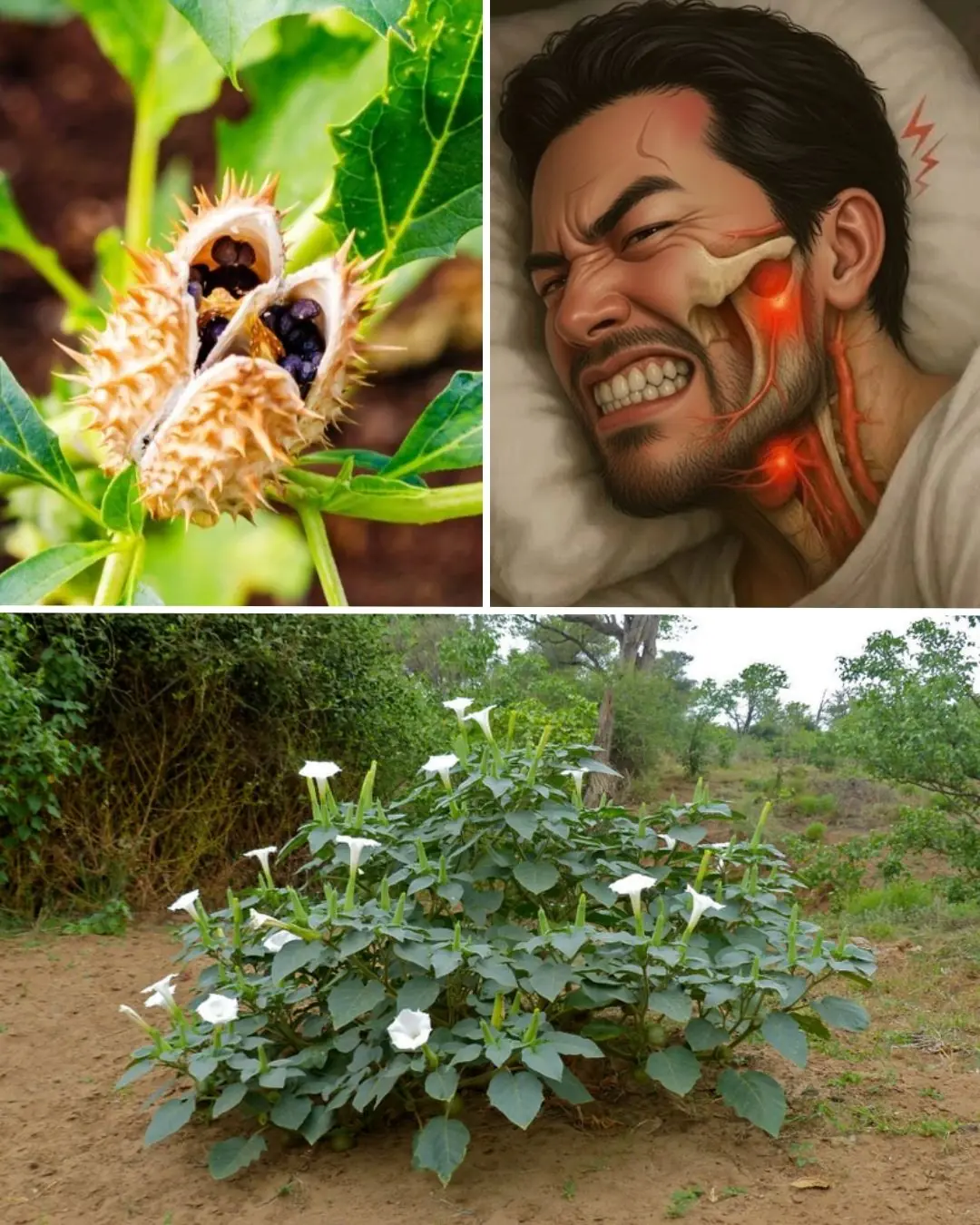
It grows everywhere, but this stunning plant hides a dark and dangerous secret… 💬👀
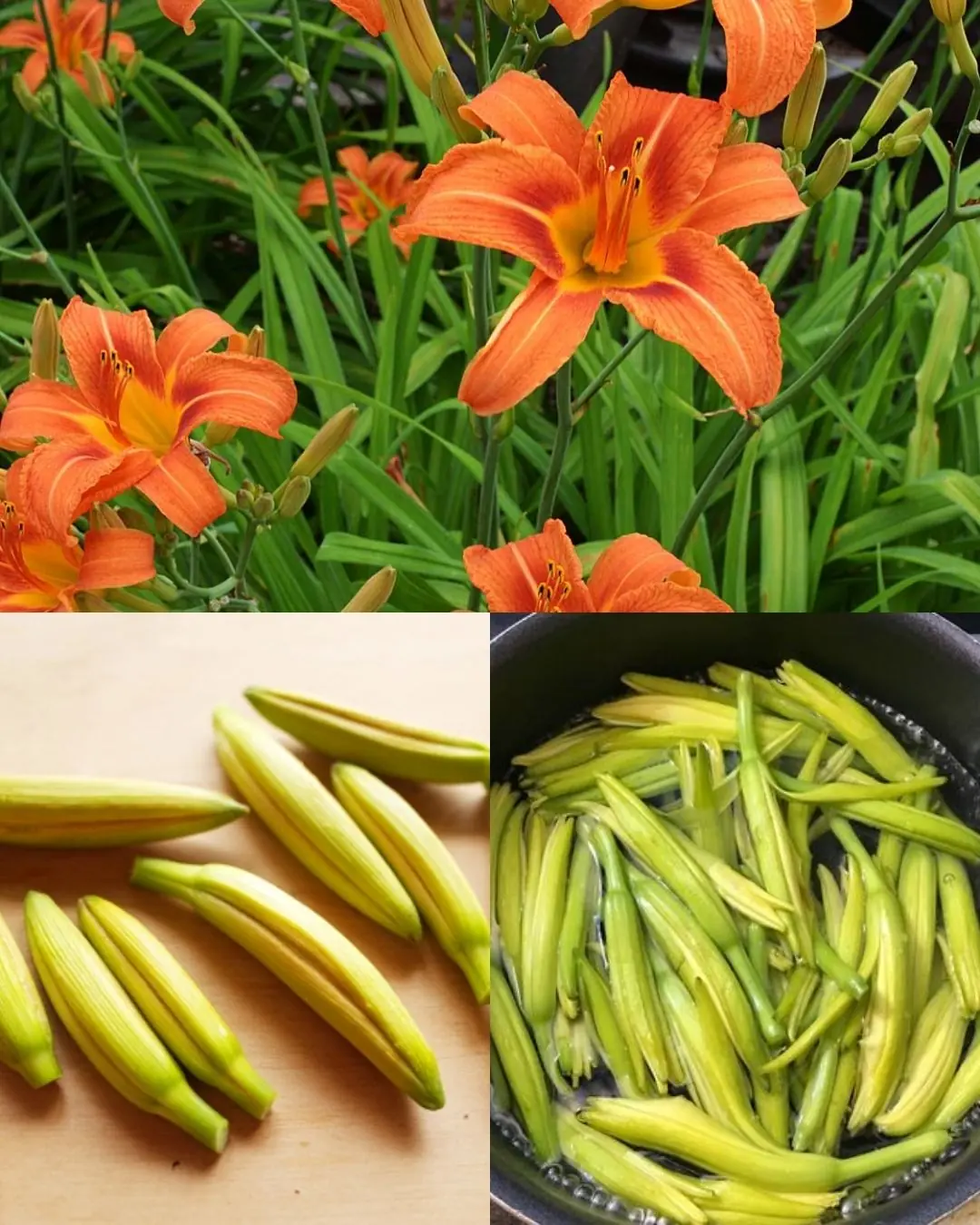
You Thought This Flower Was Just Decorative – Think Again…
News Post

Symptoms That Can Be Caused by Stress

What the Shape of Your Legs Might Say About Your Personality

How surgeon who amputated his own legs was caught as he's sentenced to 32 months in prison

PlayStation handing out rare refunds to gamers over popular new game
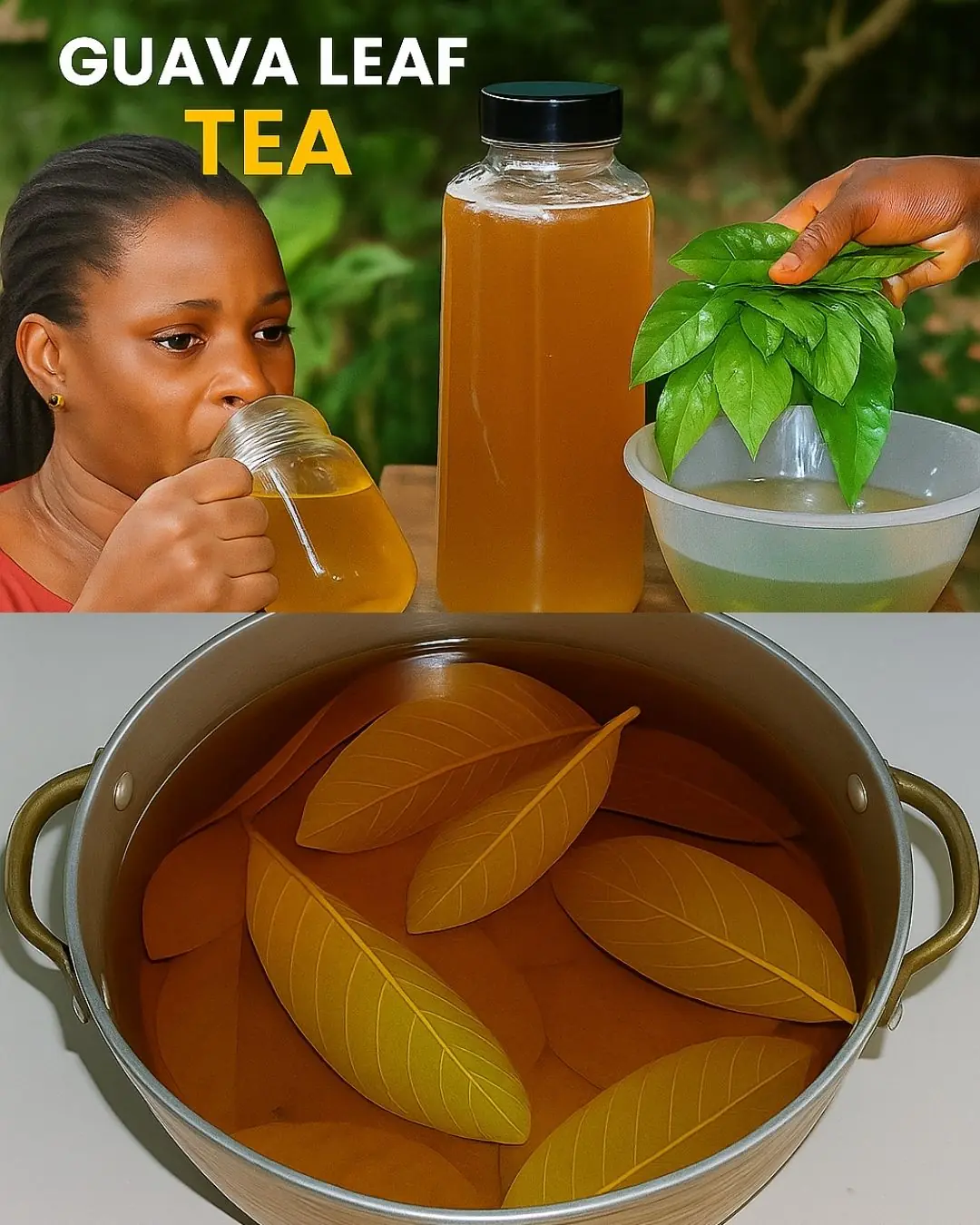
🌿 17 Health Conditions That May Benefit from Guava Leaf Tea + Easy Homemade Recipe

If your non-stick pan has lost its coating, don't rush to throw it away: Just do this, and you can fry and cook without it sticking or falling apart.

The golden 4-hour window for drinking coffee helps your body gain maximum benefits: detoxifying the li:ver and promoting smooth digestion.

Eating boiled bananas at this time, after just 1 week, your body will experience 7 changes

Add potato to coffee to get rid of wrinkles in just 1 week
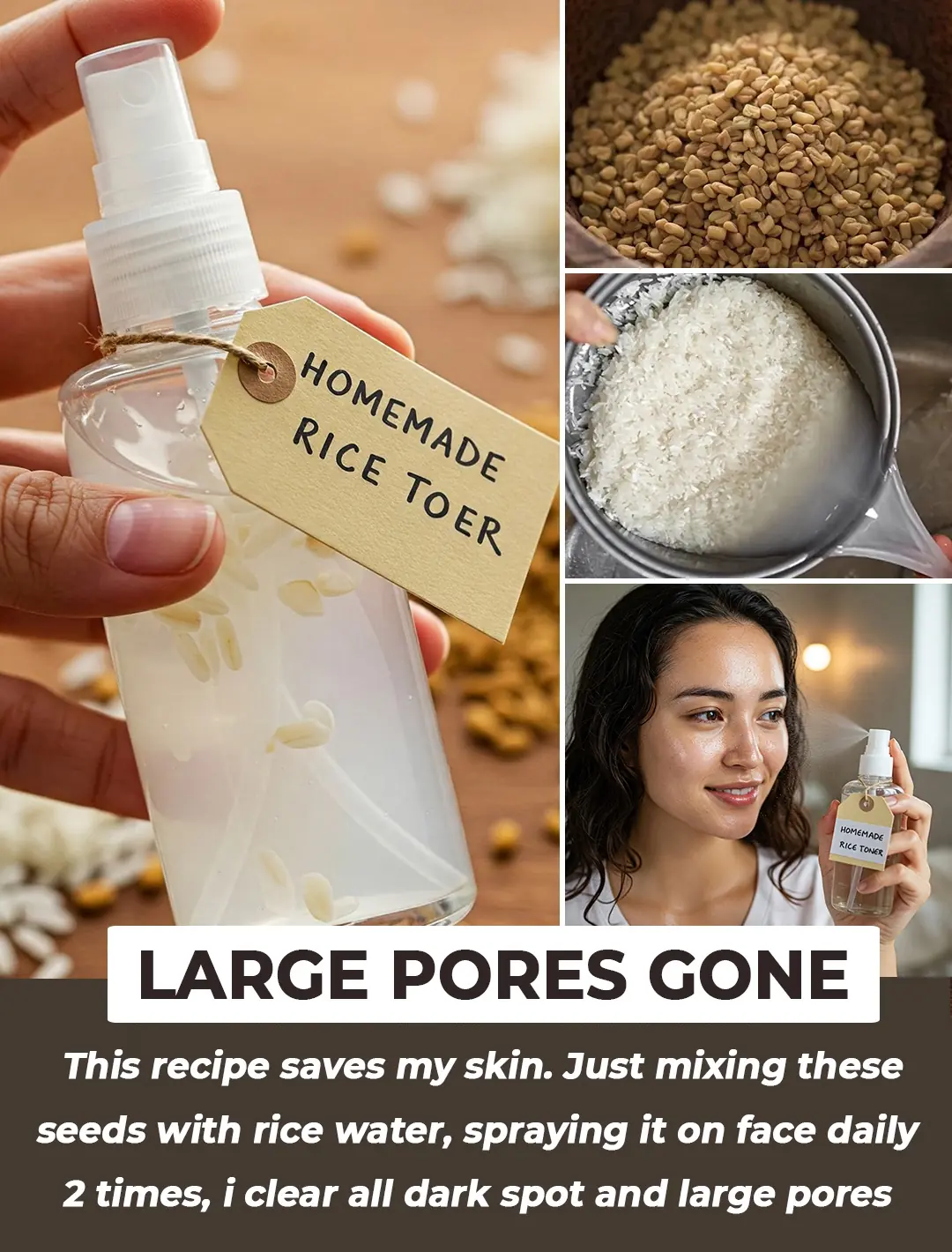
Homemade Rice water & Methi Dana Toner for Glowing Skin

The DIY anti-ageing cream that is very effective to get rid of wrinkles and fine lines on your face

Herbal Remedies for Strong, Lush Hair: Easy Recipe Everyone Can Make At Home

Flaxseed Gel for Wrinkles: The Natural DIY Solution for Smoother, Youthful Skin

10 Tomato Slice Skincare Remedies for Wrinkles, Pores, and Glowing Skin: Natural DIY Treatments
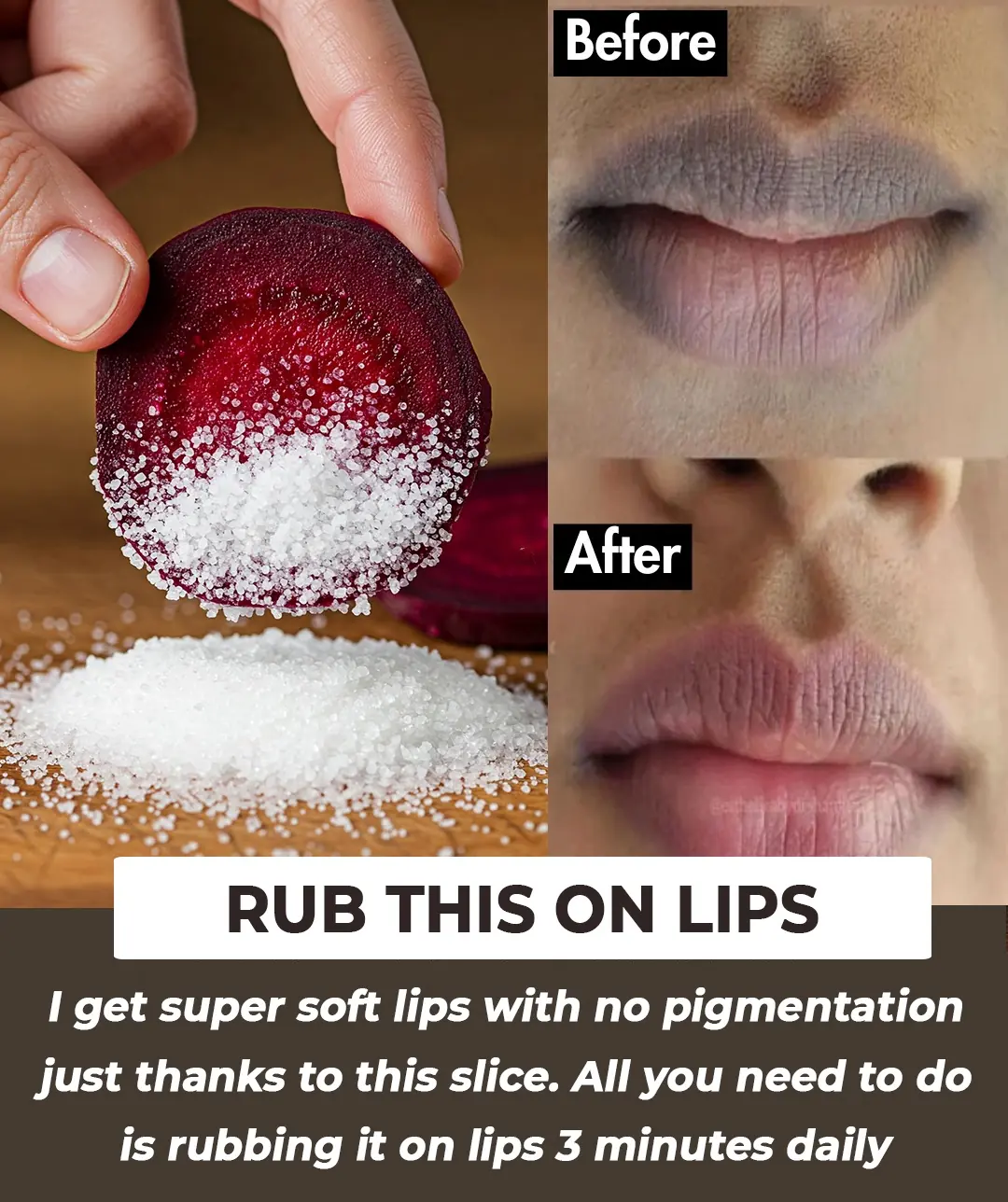
Super Effective DIYs to Achieve Soft, Pink, and Perfect Lips
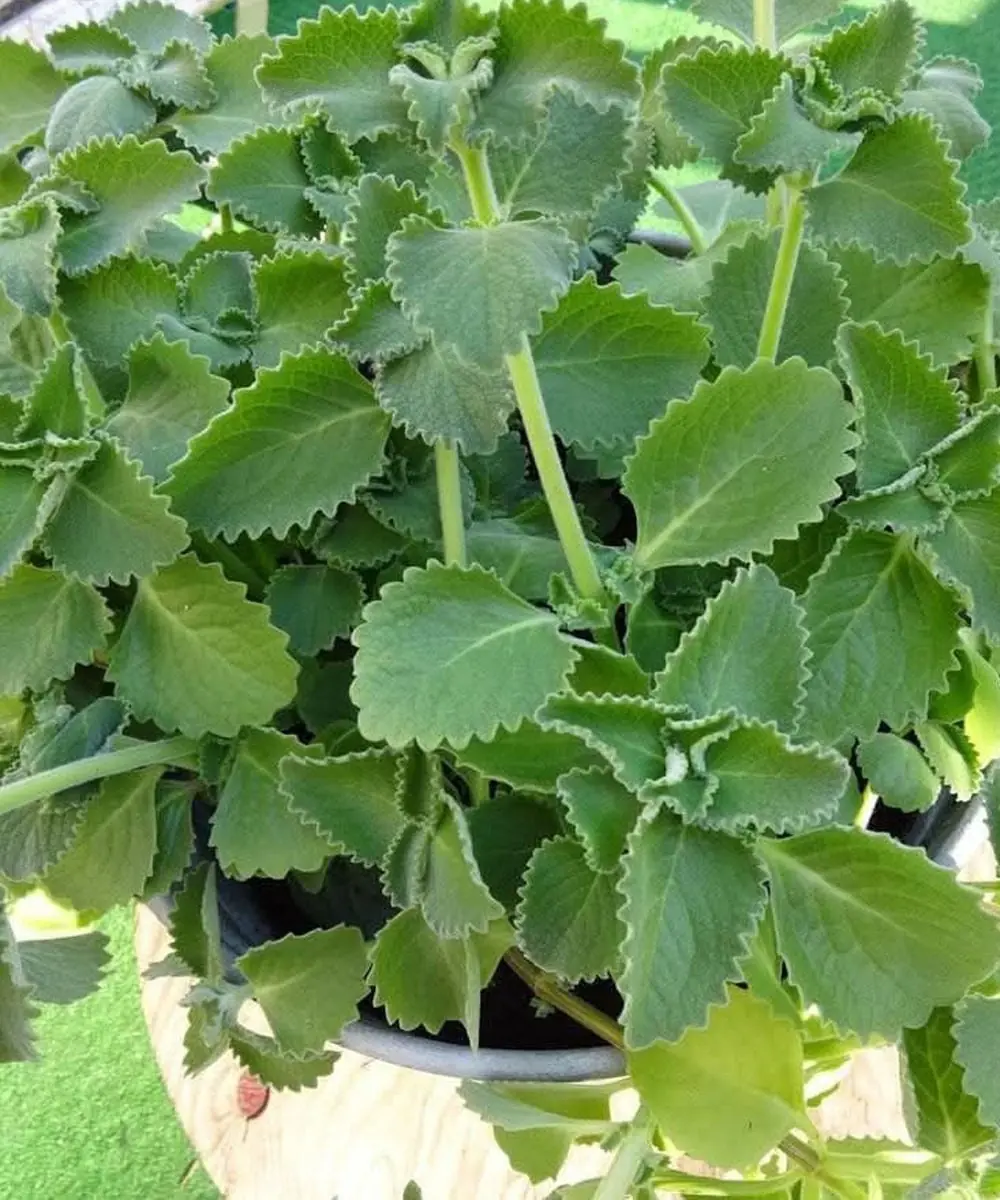
A Scientific Look at Oregano’s Role in Supporting Wellness

Reverse Hair Greying Naturally: Effective Treatments and Remedies for Restoring Hair Color

The Incredible Benefits of Plantago lanceolata and How to Use It

CCF Detox Drink For Glowing Flawless Skin
